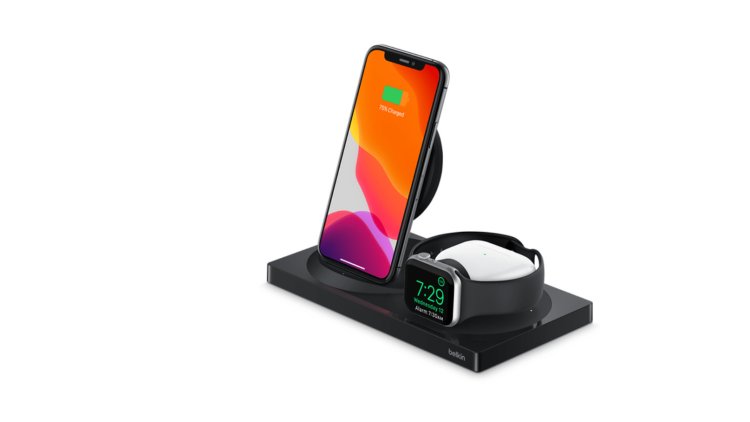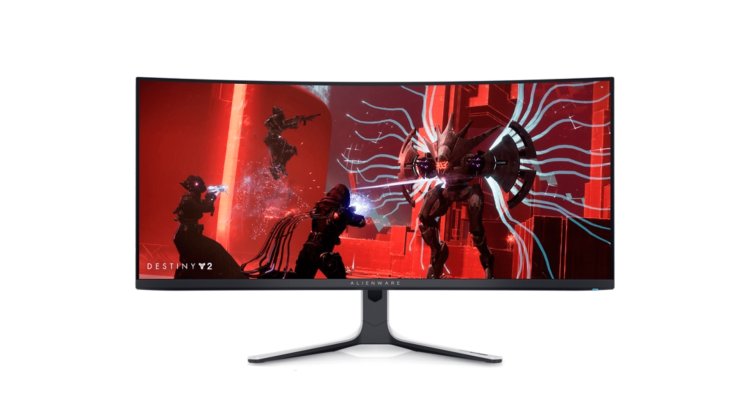5 most common myths about wireless charging

One may be surprised that the principle of wireless charging is almost two-centuries-old technology. This is because a phenomenon called electromagnetic induction makes it possible to recharge the phone's battery without a direct connection to the socket.
As early as 1831, the English chemist and physicist Michael Faraday was responsible for its discovery. Later, the famous Nikola Tesla experimented with it. Today's wireless chargers do not use any technological innovation.
Myth 1: Wireless charging is dangerous to health
One of the common misinformation circulating around wireless charging is that it causes the phone's battery to overheat. In extreme cases, it could explode and endanger human health.
In reality, however, modern, proven chargers certainly do not pose such a danger. Using some unlicensed products from questionable vendors can be risky. However, this applies not only to wireless chargers but also to batteries and all electronics in general.
Myth 2: Wireless charging is slow
Xiaomi holds the world record for charging the phone with a wireless charger. During last year's attempt, it was able to fully charge the Mi 11 smartphone in less than fifteen minutes. Of course, commonly sold wireless chargers do not offer similar performance.
Myth 3: Wireless charging reduces battery life
Another well-discussed topic is the effect of wireless charging on battery life. Some researchers claim that this type of power supply can actually lead to faster battery aging under certain conditions. However, many other experts are rather skeptical about this thesis.
Electronics manufacturers generally guarantee that if a customer opts for quality and proven product, wireless charging should not cause any harm to the battery than conventional cables. At the same time, however, it must be borne in mind that with an increasing number of charge cycles, there is naturally a gradual loss of battery capacity.
At the same time, today's mobile batteries are not suitable if the user often leaves them completely discharged.
Myth 4: Wireless charging is not possible at night
Sleep time is an ideal time for many people to recharge the battery. However, in conjunction with wireless chargers, there is often misinformation warning of overheating and possible ignition of the phone.
Myth 5: Wireless charging cannot be performed over long distances
Nowadays, the so-called Qi standard, which is a Chinese term for life energy, is clearly the most widely used method for wireless charging. This technology can usually charge the phone only if it is located no more than one centimeter from the pad.




























